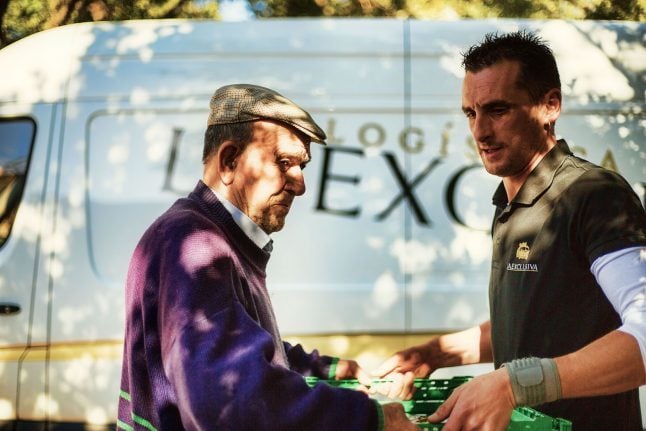According to the Broadband Quality Study, carried out jointly by Oxford University’s Saïd Business School and network equipment supplier Cisco, Sweden has done the best job at closing the “quality gap” between service offered to residents in cities and those living in rural areas.
Sweden’s Broadband Quality Score (BQS) of 57 puts it at the top of Europe, and in third place globally behind South Korea and Japan.
The survey’s rankings are based on broadband penetration as well as overall quality based on upload and download speeds, as well as a factor known as “latency” which measures the time it takes for a packet of data to travel from source to destination.
Although Sweden’s broadband penetration rate of 69 percent is higher than Japan’s 64 percent, the Asian country comes out ahead of Sweden in the overall quality rankings because the country touts a higher speed broadband than Sweden.
Nevertheless, Sweden’s BQS ranking has risen significantly in the past year, jumping up 38 percent since the 2008 survey.
The survey also ranks broadband quality in more than 150 cities around the globe, with three Swedish cities ranking in the top 20.
According to the rankings, Malmö has the 7th best broadband service in the world, with Uppsala coming in 9th place, and Stockholm reaching 15th place.
The results of the survey are based on 24 million records from actual broadband speed tests conducted by users around the world in May 2008 and from May to July 2009.




 Please whitelist us to continue reading.
Please whitelist us to continue reading.
Member comments